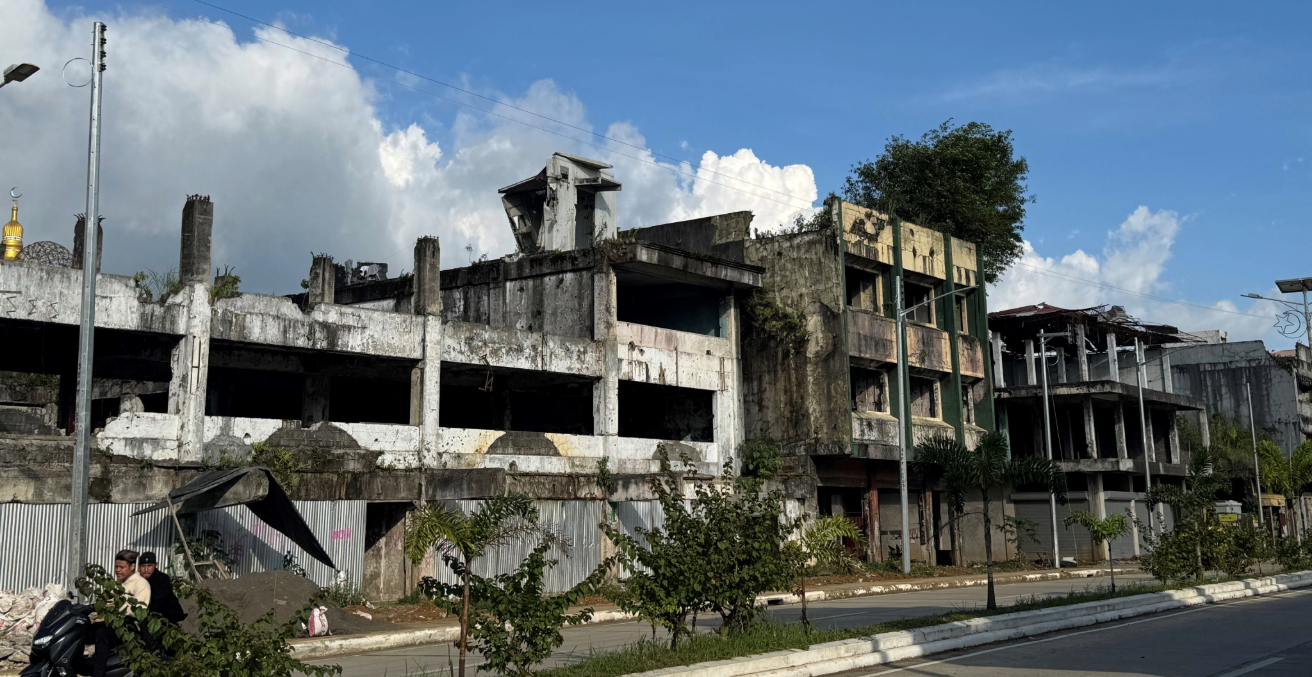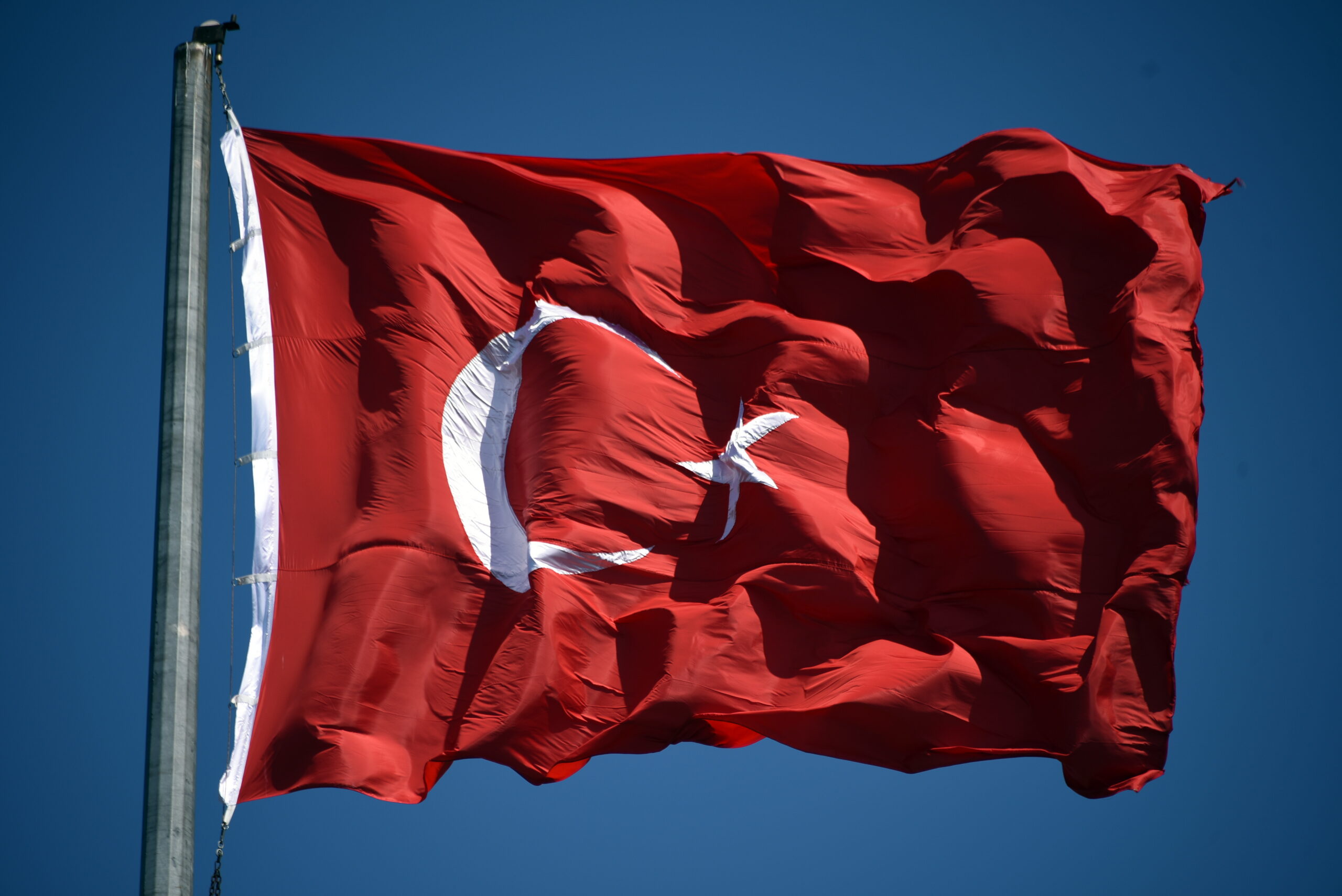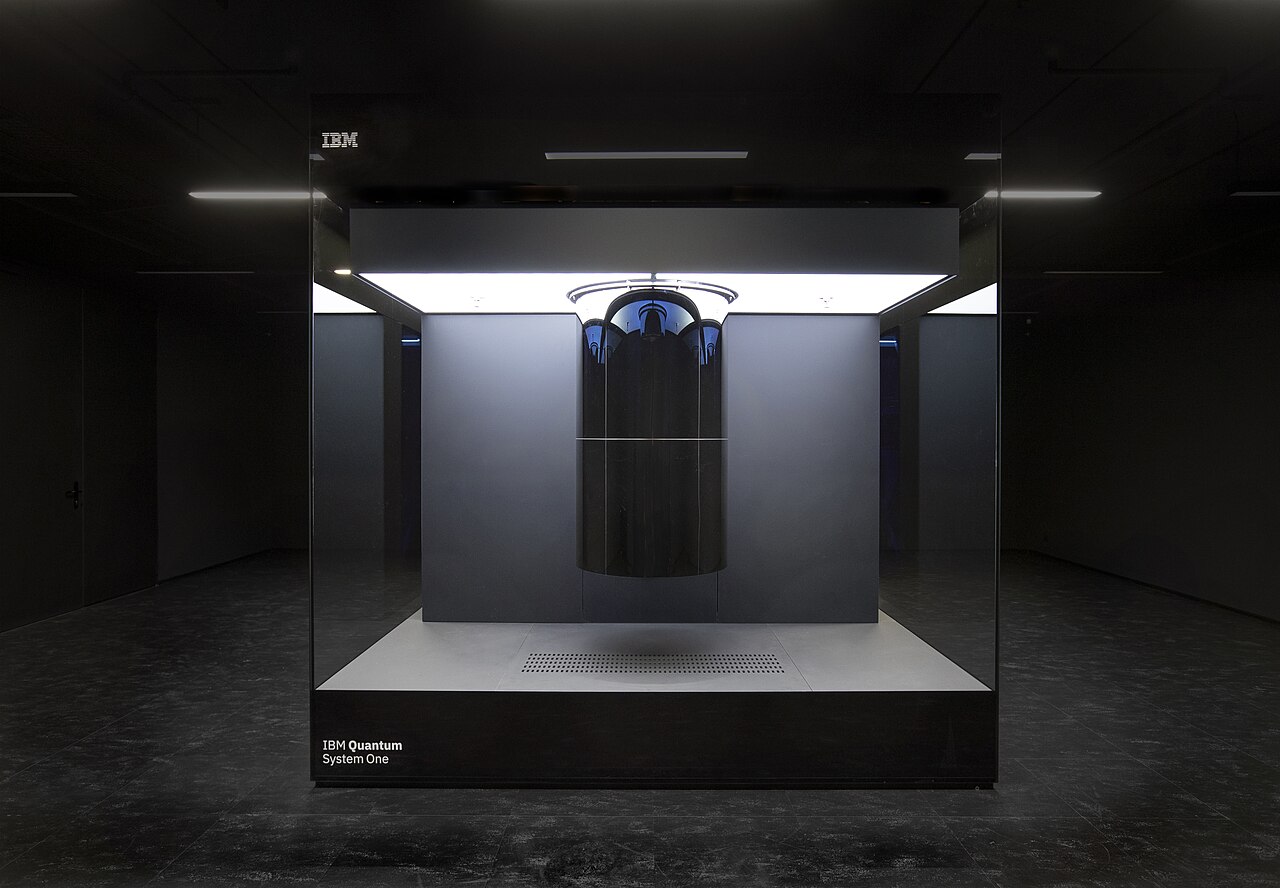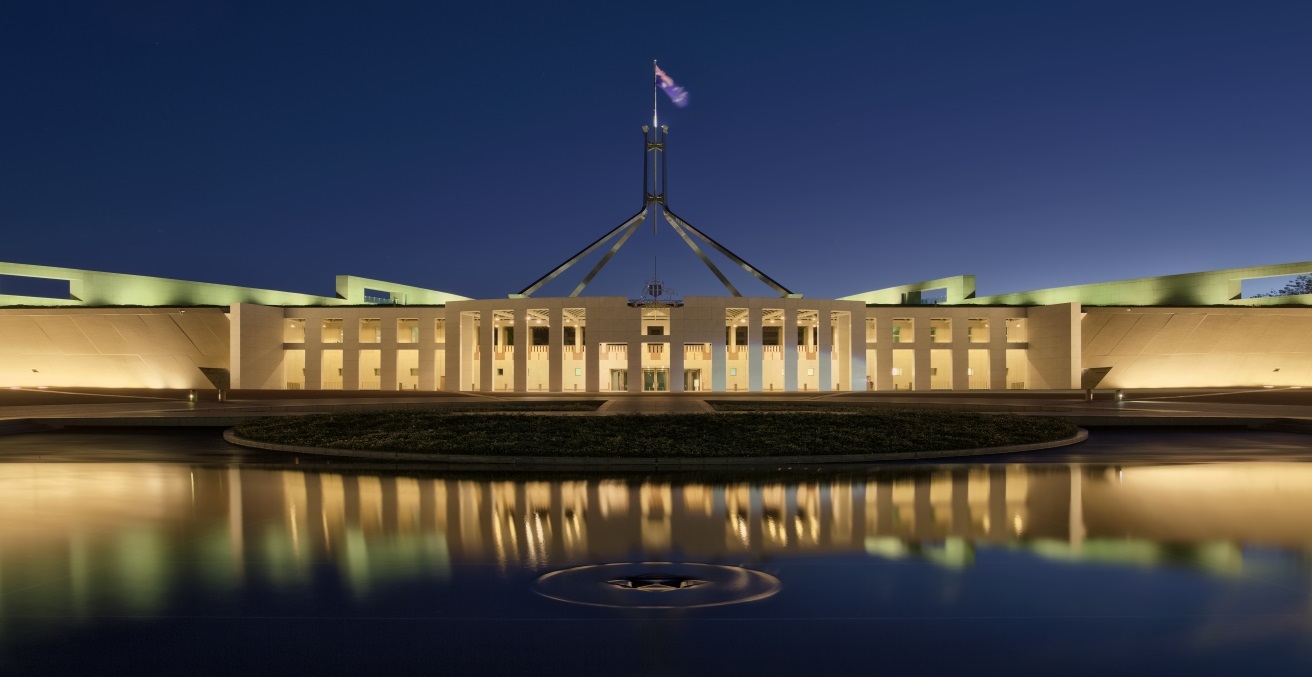Eight years after the devastating siege of Marawi, thousands remain displaced, uncompensated, and without answers about missing loved ones. As the city struggles to rebuild, meaningful peace and reconciliation depend on the government delivering justice, restoring dignity, and addressing the long-term humanitarian consequences of the conflict.
In 2017, Marawi City in southern Philippines became the site of the largest urban armed conflict in the country’s post-modern history. For five months, Philippine government forces and Islamic State-affiliated armed groups clashed, resulting in the deaths of over a thousand people, the displacement of more than 300,000 people, and hundreds going missing—leaving the city in ruins.
While many of the displaced people sought refuge in nearby towns, others scattered across the Philippines, trying to rebuild their lives amid uncertainty. They had to live in overcrowded evacuation camps with limited access to water, food, medicine, and proper waste management.
Since the end of the conflict eight years ago, there have been sporadic violent incidents in Mindanao and the government has been encouraging more tourists to visit. Despite these changes, the people of Marawi continue to seek closure and a return to normalcy. Helping them achieve this should be considered a part of Mindanao’s peace-building process.
Long-term displacement
To address the humanitarian consequences of the conflict, the Philippine government established task forces and offices, such as the now-defunct Task Force Bangon Marawi, which was responsible for facilitating post-conflict recovery, repair, and reconstruction. Additionally, the Marawi Compensation Board (MCB) was established with a mandate to disburse compensation to people whose properties were destroyed or whose family members died, or are presumably dead.
But, as of March 2025, around 8,200 people are still living in temporary shelters located far from their workplaces or source of livelihoods. The displaced have been asked to pay between PHP500 to PHP1,500 in monthly rent because the shelters were built on privately-owned property.
Unfortunately, rebuilding their own houses remains a distant dream despite the government’s efforts to construct permanent shelters. While some residents have received compensation, many are still waiting for their payouts. Many of the private properties have yet to be rebuilt.
As of January 2025, the MCB had distributed over PHP841 million to 1,436 qualified claimants. However, it is tasked with processing 14,495 claims by 2028. With only about ten percent of the claims paid so far, some residents are not confident that the process will be completed by 2028 because of the complicated screening process.
For those who have received compensation, the amounts are much less than the actual value of the properties lost. One resident said, “Our ancestral home is worth at least PHP30 million. Yet, my parents received less than ten percent of that amount.”
The city also has persistent water and electricity supply issues, which affect even those living outside the most affected area. The International Committee of the Red Cross (ICRC) has stepped in and repaired a section of Marawi’s water system, which benefited 1,900 households. However, many families still do not have reliable access to clean water, adversely affecting their daily lives or their ability to reestablish their businesses.
The missing
The issue of missing people is one of the most damaging and long-lasting consequences of the Marawi conflict. Until today, hundreds of families are still looking for their loved ones who went missing during the conflict and there are over 300 cases of missing people registered with the ICRC. These families suffer greatly from the anguish and uncertainty of not knowing what happened to their loved ones.
Many of them lost their primary breadwinners and struggle with financial insecurity, which the ICRC helped address. Others face legal and administrative hurdles, such as securing the required documents to apply for compensation and obtaining presumed death declarations, which could help them access social benefits, pensions, and property rights.
Moreover, not all families of the missing are eligible for compensation. The Marawi Siege Victims Compensation Act of 2022 is a notable exception, but it applies only to certain families affected by the fighting in Marawi in 2017. The national authorities should streamline or adapt current procedures and policies to help the families.
There is a need to address the problems faced by the families as part of the process of peace building and healing. If clarity is not provided to them, grievances may perpetuate for generations and communities may end up being polarised. Families have the right to know what happened to their loved ones and the deceased victims need to be searched for, identified, and buried with dignity. It is important that the government responds to the families’ needs and provides clarity on the fate and whereabouts of the missing in accordance with international humanitarian and human rights laws, while respecting local traditions and religious beliefs. The obligation to prevent people from going missing and to account for persons reported missing, is enshrined in the Geneva Conventions and their Additional Protocols, to which the Philippine government is a party.
Social impact
The displacement of the Meranaw people has also eroded social norms, sometimes resulting in cultural division rather than cohesiveness. This is evident in the increase in rido (clan feuds) since the Marawi conflict.
Talking about the compensation provided by the government to some of the survivors of the conflict, observers say Marawi’s case is historic and the first of its kind since victims of prior internal armed conflicts in the Philippines haven’t received anything. While the effort now is admirable, the government must do more for the survivors. The Marawi experience could serve as a blueprint for reparations for affected people and areas.
We are hopeful that with the recent completion of implementing rules and regulations of the Bangsamoro Autonomy Act No. 62, also known as the Rights of IDPs of the Bangsamoro Autonomous Region Act of 2024, the human rights and dignity of the displaced will be protected. The law should empower the displaced so they can rebuild their lives after years of struggle.
We have witnessed the extensive efforts of people, as well as the government, in remembering and honouring those who have died and those who have gone missing in the 2017 conflict. And yet, there is a need to go beyond just commemorating. The government can ensure that sustainable solutions to lingering issues are offered and implemented. Without addressing the multi-faceted humanitarian consequences of the conflict, the residents of Marawi may never move forward and achieve true peace and reconciliation.
Zehabudin Guro is the president of Inged A Pilombayan, a civic organisation in Marawi City focusing on education, environment, youth and culture. He has previously worked as adviser to the head of the ICRC’s Iligan City office overseeing the Marawi conflict response, and as ICRC’s program officer for humanitarian affairs in Manila and Davao.
Rachel Malaguit is the ICRC’s public relations officer in the Philippines.
This article is published under a Creative Commons License and may be republished with attribution.





